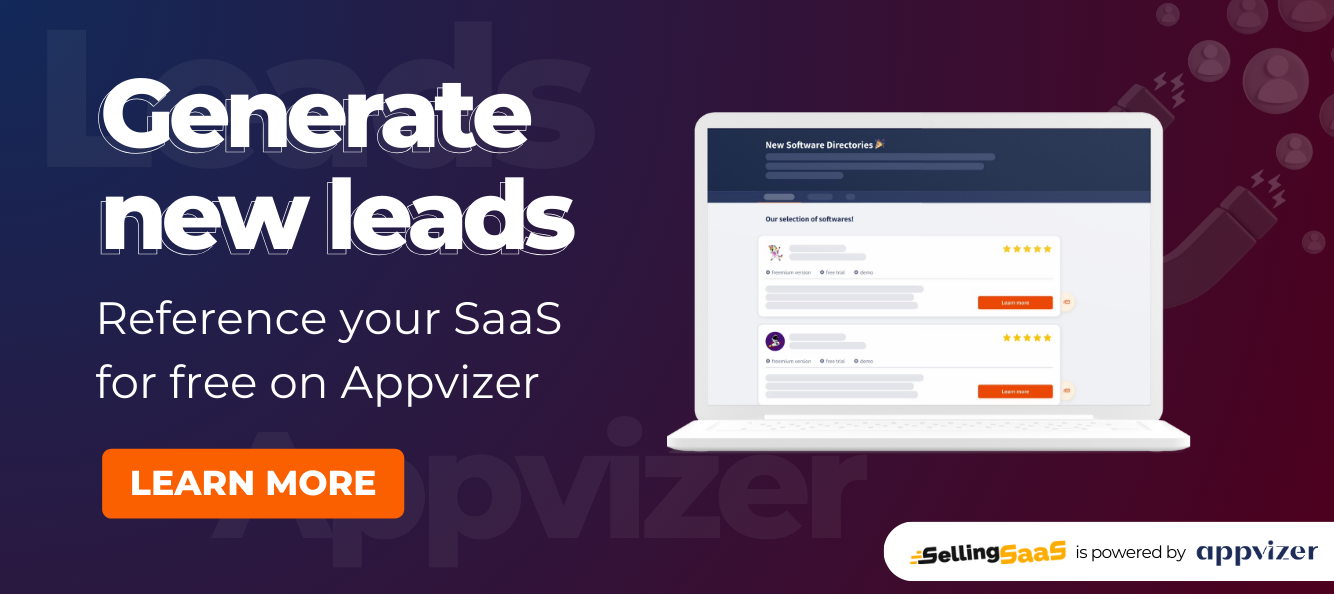For SaaS entrepreneurs, marketing automation is not just a tool, but a pivotal strategy to scale their businesses efficiently. This article delves into the importance of marketing automation in the SaaS sector, highlights key features and tools, and provides insights on implementing effective automation strategies.
1. The Importance of SaaS Marketing Automation
Understanding the Role of Marketing Automation in SaaS Companies
In the SaaS industry, where customer engagement and retention are critical, marketing automation plays a vital role. It streamlines marketing processes, enabling personalized customer interactions and efficient resource management.
The Benefits of SaaS Marketing Automation Tools
Marketing automation tools offer numerous benefits including increased marketing efficiency, better customer segmentation, automated customer journeys, and improved lead management. These benefits collectively contribute to enhanced customer experiences and operational efficiency.
How SaaS Marketing Automation Can Improve ROI
By automating repetitive tasks and tailoring messages to specific customer segments, SaaS companies can significantly reduce costs and increase revenue. Improved targeting and personalization lead to higher conversion rates, contributing to a better return on investment (ROI).
2. Key Features and Tools for SaaS Marketing Automation
Choosing the Right SaaS Marketing Automation Platform
Select a platform that aligns with your business size, goals, and technical capabilities. Consider scalability, integration options, and customer support offered by the platform.
Essential Features to Look for in a SaaS Marketing Automation Tool
Key features include lead scoring, email marketing, CRM integration, analytics and reporting, and customer segmentation capabilities. Advanced features like AI-driven insights and predictive analytics can further enhance marketing efforts.
Comparing Popular SaaS Marketing Automation Tools
Review and compare tools like HubSpot, Marketo, and Salesforce Pardot. Evaluate them based on ease of use, feature set, integration capabilities, and pricing to determine the best fit for your business.
3. Implementing SaaS Marketing Automation Strategies
Developing a SaaS Marketing Automation Strategy
Start by defining clear marketing goals and KPIs. Understand your customer journey and identify touchpoints for automation. Integrate your marketing automation platform with your CRM to ensure a seamless flow of data.
Creating Personalized Campaigns and Customer Interactions
Utilize customer data to create segmented and personalized marketing campaigns. Tools like ActiveCampaign or Mailchimp are excellent for automating personalized email campaigns.
Using Data and Analytics to Optimize SaaS Marketing Automation
Leverage analytics to track the performance of your campaigns. Use A/B testing to refine your strategies continually. Tools like Google Analytics and the native analytics in your automation platform can provide valuable insights.
Conclusion
Marketing automation is a game-changer for SaaS companies, fostering more effective marketing strategies, enhanced customer experiences, and improved ROI. By choosing the right tools, focusing on key features, and implementing strategic automation tactics, SaaS entrepreneurs can significantly elevate their marketing efforts, driving growth and success in the competitive digital landscape.


